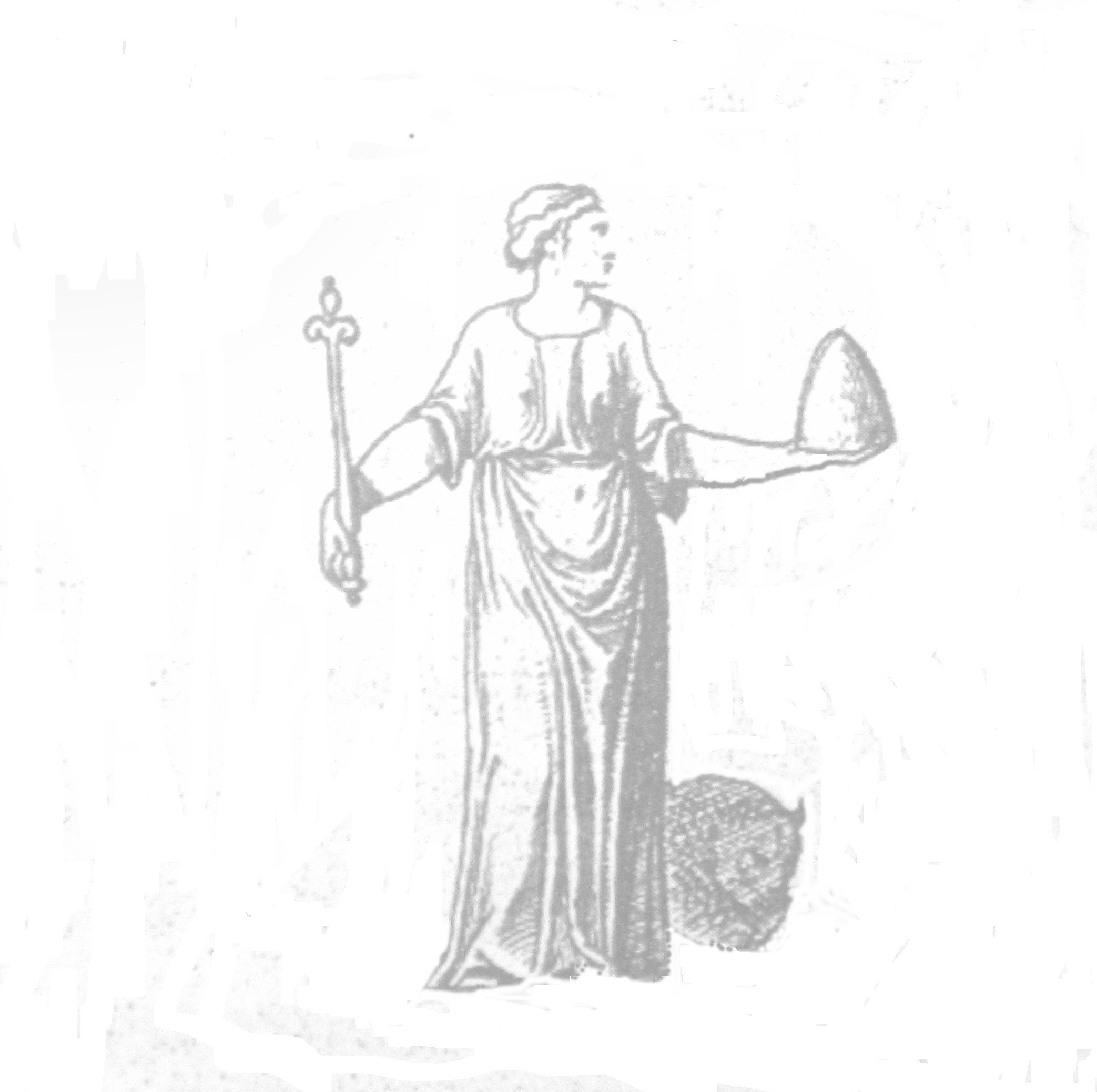 Globalisation and the crisis of the nation-state inevitably lead to reconsiderations of the concepts of citizen and citizenship that have so far been pivotal to the modern state. Whether based on the ethnic concept of ius sanguinis or on the geographic and political concept of ius soli, citizenship has been the means of inclusion of compatriots and exclusion of foreigners. Inclusion as well as exclusion refer to shared loyalties, yet such loyalties are increasingly cast into doubt. The early modern period has become, in the last decade, a fruitful field for historical inspiration for present-day reconsiderations of citizenship and political belonging. In the American context, the eighteenth century has been a natural point of departure for modern reassessments, being the intellectual and political cradle of the American republic.
Globalisation and the crisis of the nation-state inevitably lead to reconsiderations of the concepts of citizen and citizenship that have so far been pivotal to the modern state. Whether based on the ethnic concept of ius sanguinis or on the geographic and political concept of ius soli, citizenship has been the means of inclusion of compatriots and exclusion of foreigners. Inclusion as well as exclusion refer to shared loyalties, yet such loyalties are increasingly cast into doubt. The early modern period has become, in the last decade, a fruitful field for historical inspiration for present-day reconsiderations of citizenship and political belonging. In the American context, the eighteenth century has been a natural point of departure for modern reassessments, being the intellectual and political cradle of the American republic.
Recent works, such as Neal Postman’s Building a Bridge to the Eighteenth Century: How the Past Can Improve Our Future (2000), have offered new and provocative angles to this tradition of enquiry. European scholars have only recently began to look into their shared history of civic theory, the most notable scholarly outcome to date being the extensive collection of essays edited by Martin van Gelderen and Quentin Skinner, Republicanism: A Shared European Heritage (2002). To the best of our knowledge, it has not yet been attempted to use the early modern period as a vantage point for the current Israeli-European political dialogue. Our projected research offers an opportunity to begin tilling this exceptionally rich field.
